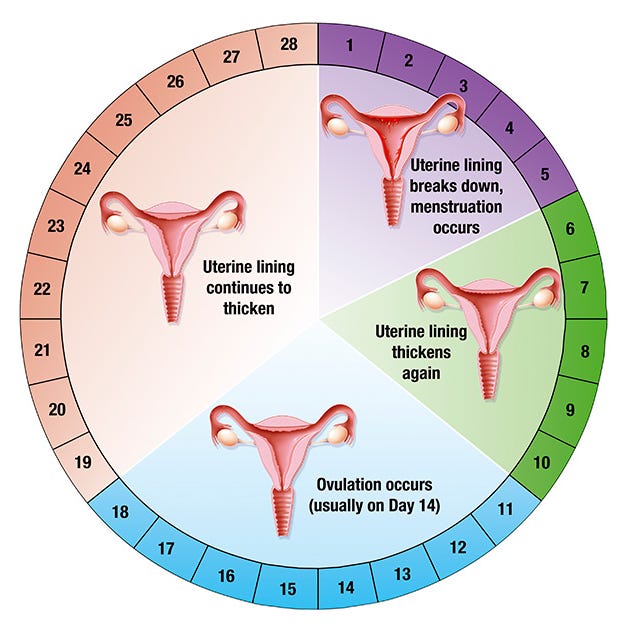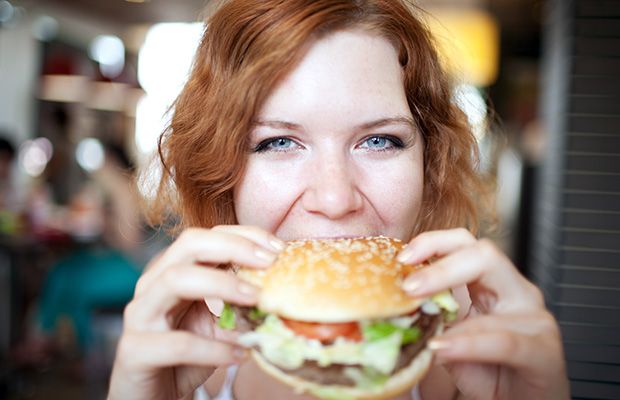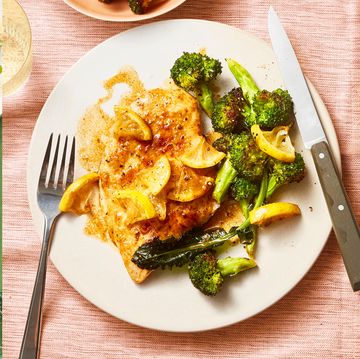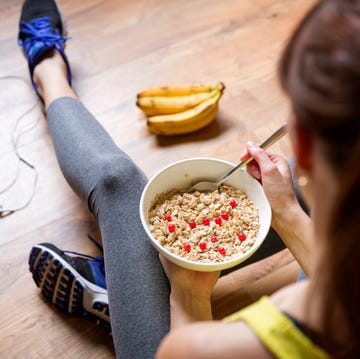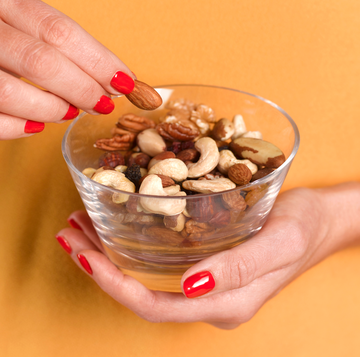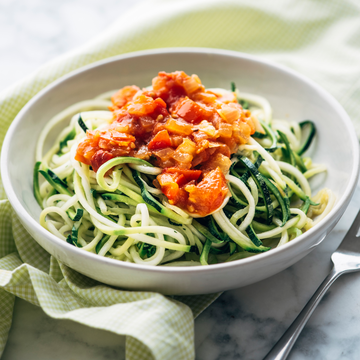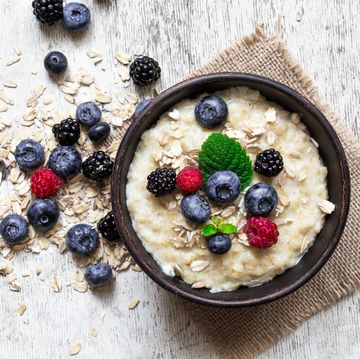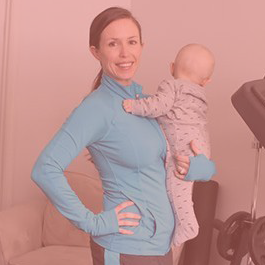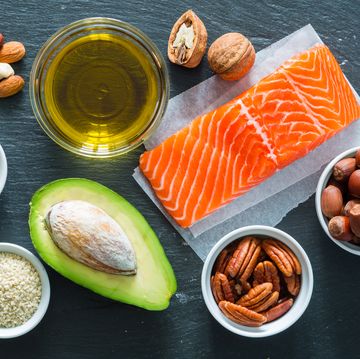Whether you're a man or a woman, postmenopausal or on birth control, your hormones control your energy and appetite. And everything from a poor night's sleep to a stressful day at work can mess with those hormones in ways that sap your energy or stoke your cravings for junk food. (Feel better starting today with Rodale's The Thyroid Cure, a new book that's helped thousands of people finally solve the mystery of what's ailing them.)
So the idea that hormonal shifts tied to your menstrual cycle could play a role in weight loss isn't farfetched. In fact, some research has already borne this out.
"As hormone levels naturally change, women's bodies experience increased drive to eat during certain phases that are then offset by a decreased drive to eat during other phases," says Pamela Keel, PhD, a clinical psychologist at Florida State University.
One example: During the "luteal phase" (day 16 to 28) of a woman's cycle, "energy intakes and energy expenditures are increased," says Nina Geiker, PhD, a nutrition researcher with the University of Copenhagen's Herlev and Gentofte Hospitals.
Women also experience greater cravings for foods that are high in carbohydrates and fat during the luteal phase, Geiker explains.
MORE: 4 Times Your Hunger Is Actually Just A Craving
Using this knowledge to inform their study, Geiker, Keel, and their colleagues split 60 overweight women into two groups. For 6 months, both groups stuck to a restricted-calorie (~1600/day) diet. But for one of the groups, the researchers adjusted the diet's macronutrient makeup based on the stages of the menstrual cycle.
"We increased the protein content during the phase where hunger often is seen to increase," Geiker says. "During the phase were women have increased cravings for fat and carbohydrate containing foods, we allowed some dark chocolate."
According to the study, the women who stuck with the menstrual cycle diet lost an average of 9 more pounds than the other dieters (who also lost weight, though not as much). "The take-home message is that where you are in your menstrual cycle matters," Keel says.
While promising, the study team says follow-up work is needed. With all the recent research on high-protein diets and the benefits of swapping carbs for healthy fats, it's possible the diet tweaks featured in this study boosted weight loss for reasons that had nothing to do with menstrual cycle hormones.
MORE: 7 Reasons You're Always Tired
That said, there's no harm in paying extra attention to your appetite and energy levels during your cycle—and adjusting your eating and exercise patterns accordingly. Try these tweaks, which are based on the study:
Early Follicular Phase (Days 1 to 4): Your energy is probably at its lowest levels during this stage of your cycle, Geiker and her colleagues write. Stick to light exercises like yoga, walking, or stretching. Your appetite should also be mellower, so try to adjust your eating habits to match your energy needs. (You might feel satisfied with smaller meal portions and fewer snacks.)
Late Follicular Phase (Days 5 to 15): Your energy should be ticking up, so try to increase your workout intensity and frequency. (In the study, the researchers had the participants work out with weights twice a week while doing cardio on two or three of the remaining days.) As your hunger ramps up, try to satisfy it by adding extra protein to your meals.
Luteal Phase (Days 16-28): You tend to have more energy—and also more cravings for energy dense foods—during this stage of your cycle, Geiker says. Try to further up your exercise frequency and intensity. You may find that morning 5-miler is easier now that it was a week or two ago. You'll probably eat a little more than you did earlier in your cycle. (The menstrual cycle dieters in the study added 200 calories to their daily intakes during this phase.) Just make sure those extra calories come from healthy fats (avocado, olive oil, nuts) and protein, not carbs. During the last four days of your cycle, eating some dark chocolate can help satisfy your cravings.
Looked at another way, Geiker and Keel's research is really advocating a "listen to your body" approach to eating and exercise. If your hunger spikes, try to satisfy it with healthier foods. And when you have extra energy, work in more exercise.
Women who have predictable menstrual cycles may find it easier to predict these appetite and energy swings, the study suggests. But we'd all do well to pay more attention to the signals our bodies and hormones are sending us.
Markham Heid is an experienced health reporter and writer, has contributed to outlets like TIME, Men’s Health, and Everyday Health, and has received reporting awards from the Society of Professional Journalists and the Maryland, Delaware, and D.C. Press Association.
